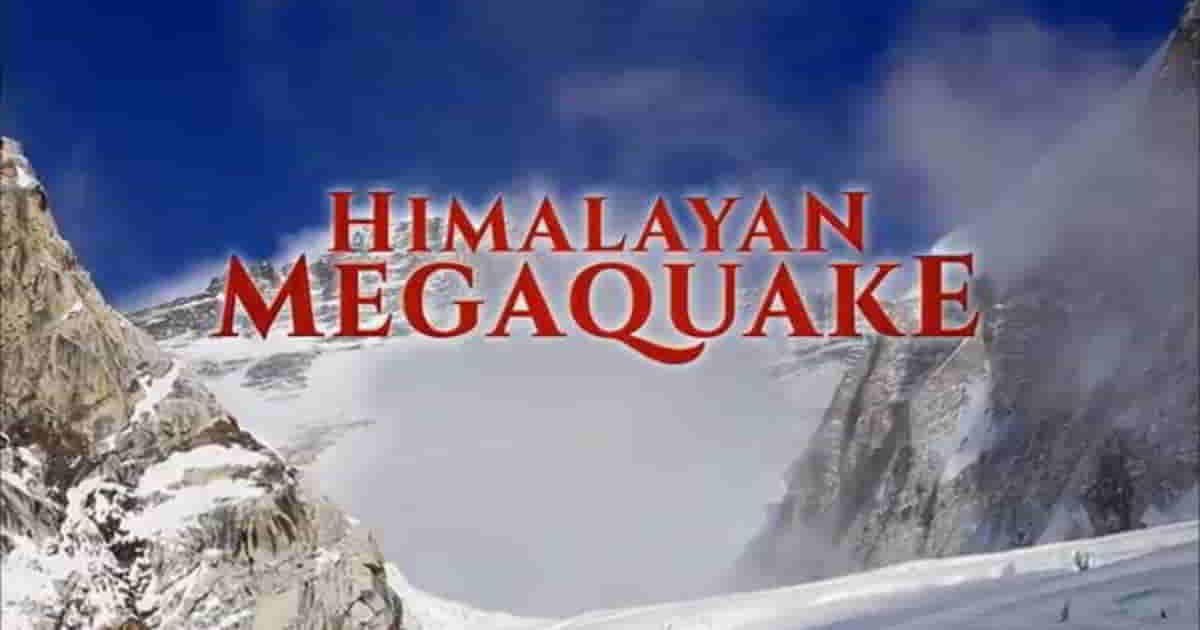The other day I watched the PBS Nova production Himalayan Megaquake (embeded below), about the April 25 and May 12 earthquakes in Nepal. I haven’t been in Nepal since March 31, and so I was awestruck by the documentary and it left me feeling a little unsettled. I knew, for instance, that there had been avalanches and landslides. But I didn’t know a lot of the details.
David Breashears likened what he saw in Langtang to the area around Mount St. Helen’s. I can imagine it a little because, just this past summer, I saw the remnants of the destruction the 1980’s volcanic eruption left behind around that mountain.
Otherwise, I have a hard time imagining how it must have been and continues to be for hundreds of thousands still suffering from the consequences of the calamity.
Something else of note that I discovered from the program is that the architecture and building codes of the very old temples and palaces which have survived many earthquakes, are local. It can, therefore, be replicated everywhere in the country with considerably more ease and at a considerably lower cost than the brick and concrete structures that everyone in Nepal wants to build and end up building.
And oh, the science is fascinating…and foreboding!
Summary of Major Calamities Triggered by the Quake
- Landslides: over 5K
- Avalanche on Everest
- Size/strength of ice: equivalent to 100K cars
- Speed of avalanche: up to 157 mph (248 km/hr)
- Height the ice descended: 3000 ft (approx. 900 m)
- Time it took to reach base camp: 60 seconds
- Strength at base camp: equivalent to a bomb blast
- Speed of pressure wave at base camp: 100 mph (160 km/hr)
- Mega Avalanche of ice in Langtang
- Size of ice: larger than the Empire State Building in New York.
- Height it fell through: more than 10K ft
- Speed: more than 225 mph
- Time it took to reach the valley: about 80 seconds
- Quake on May 12, an aftershock
- Strength: 7.4
- Equivalent to: 25 megaton bomb
Summary of Facts and Figures
- Strength of the quake: 7.8
- Number of aftershocks recorded since the quake: 400 of 4 or higher strength
- Number left homeless: over 2 million
- Death toll by the second day: 8K
- Death toll on Everest base camp: 20
- Final Death toll: over 9K
- Energy in the quake: 480 times that in the Hiroshima atomic bomb Little Boy
- The district that suffered the most casualties (with over 3400 dead): Sindhupalchok (where COMMITTED’s project site Thangpalkot is)
- Percentage of structures destroyed in Sindhupalchok: 95%
- Altitude gained by Kathmandu: about 1 m (3 ft)
- Altitude lost by mountains: about 70 cm (0.70 m)
- Number of people injured at Everest base camp: 120
International Media Bias
Death, any death, don’t get me wrong, is tragic. The Everest avalanche killed 20 people. In the end, over 9K people perished in the calamity.
And yet, the incident on Everest was considerably more newsworthy for the international media than what happened in the rest of the country.
Something similar was also on display last November with the bombings in Baghdad, Beirut, Paris and the economic blockade in Nepal. There was a marked difference in the media coverage of — and worldwide social media attention devoted to — those incidents, for similar reasons.
The value of your life on this planet, unfortunately, depends on your nationality and/or your skin color and/or your race and/or the religion you practice or don’t practice, which, of course, shouldn’t be the case.
An Account of the Mega Avalanche
The following photographic account is of the aftermath of the Langtang avalanche. The 112-photo post is well worth a browse as they are very well captioned which gives you idea of her — as well as the rest of the survivors’ — plight from the day of the quake to her return home in Australia on May 3.
To reiterate one of the things I said in my last post about the earthquake, Cold Front, the lack of proper and adequate response from our political leaders and our government to the plight of the victims has been, and continues to be, criminal.
But, who will hold them accountable?!
Who?

